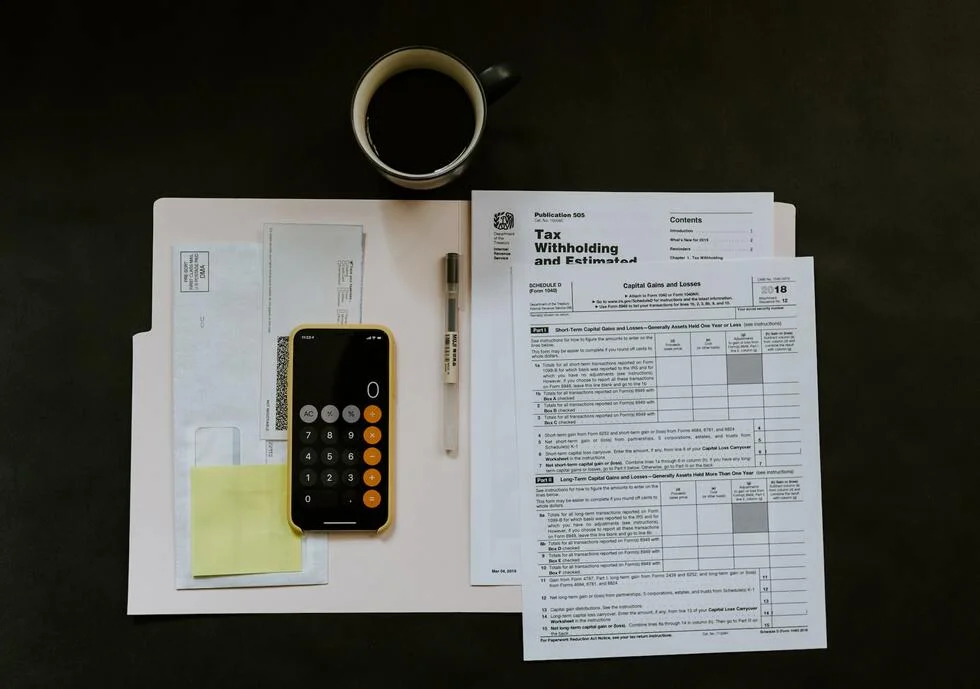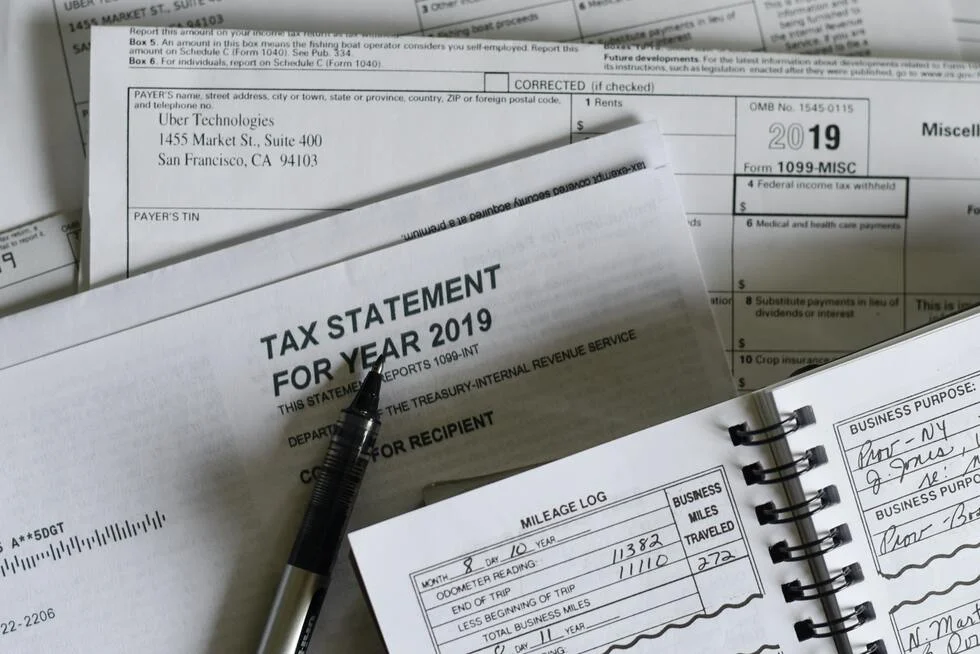Liens, Levies & Garnishments
Has the IRS sent Lien, Levy or Garnishment Notices?
As a tax controversy boutique, we at the Law Office of Pietro Canestrelli, APC, understand the importance of providing our clients with the necessary information to make informed decisions about their tax-related issues.
We’re here to educate small to medium-sized business owners on IRS lien, levies, and tax garnishments. The IRS uses these three powerful collection tools to collect tax debt from individuals and businesses who owe the government mone

What’s The Difference?
Liens
A tax lien is a claim by the government on a taxpayer’s property to secure payment of the taxpayer’s debt. The lien gives the government a legal right to the taxpayer’s property and is usually filed when the taxpayer owes more than $10,000 in taxes, penalties, and interest. Once a tax lien is filed, it becomes a public record and can severely impact the taxpayer’s credit score, making it difficult to obtain loans, credit cards, or even rent an apartment.

Levies
Levies, on the other hand, are actual seizures of a taxpayer’s property, such as bank accounts, wages, or even personal possessions, to satisfy a tax debt. The IRS must provide the taxpayer with written notice of the levy and follow specific procedures when collecting the debt. A levy can be devastating for a taxpayer, as it can wipe out the taxpayer’s bank account, making it difficult to pay bills, buy groceries, and make ends meet.

Garnishments
Garnishments, like levies, are also seizures of a taxpayer’s property, but they are typically used to collect a taxpayer’s wages. Unlike levies, which are used to seize other assets, garnishments are specifically targeted at taxpayers’ wages. The IRS must provide the taxpayer with written notice of the garnishment, and the employer must comply with the garnishment order, withholding a portion of the taxpayer’s wages to pay the tax debt.

We Communicate With The IRS For You
According to recent statistics, the IRS has been increasingly aggressive in its collection efforts, with over 4 million tax liens filed in 2018 and over 3.5 million levies and garnishments issued. Millions of taxpayer’s risk having their property seized by the government to pay their tax debt.
It’s important to note that there are steps that taxpayers can take to resolve their tax debt and prevent these collection tools from being used. Taxpayers have the right to request a hearing with the IRS Office of Appeals to contest the amount owed or to propose an alternative payment arrangement. Taxpayers may also be eligible for a loan, such as an installment agreement or offer in compromise, allowing them to pay off their debt over time.
Small to medium-sized business owners must understand the power and consequences of IRS tax liens, levies, and garnishments. These collection tools can have a devastating impact on a taxpayer’s finances. Still, with the right representation, taxpayers can resolve their tax debt and prevent the government from seizing their property.
At the Law Office of Pietro Canestrelli, APC, we specialize in representing taxpayers in tax controversy matters and would be happy to answer any questions or concerns you may have. Contact us today for a free consultation.
Contact Our Firm
